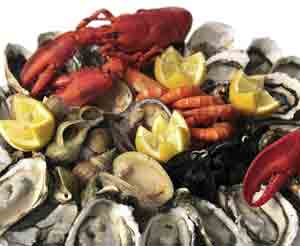Two weeks ago the season of Lent began on Wednesday, after a traditional pancake supper the night before. During this annual ritual, millions of Christians all around the world commence a 40-day period of sacrifice, reflection and “spiritual housecleaning” in preparation for Easter. Though the exact timing varies between sects, the liturgical season typically starts on Ash Wednesday and ends just before Easter Sunday, and is meant to represent the period Jesus wandered alone in the desert. The word Lent comes from the Anglo-Saxon work “lencten,” which means spring. Similar to making New Year’s resolutions, some use the time to…










